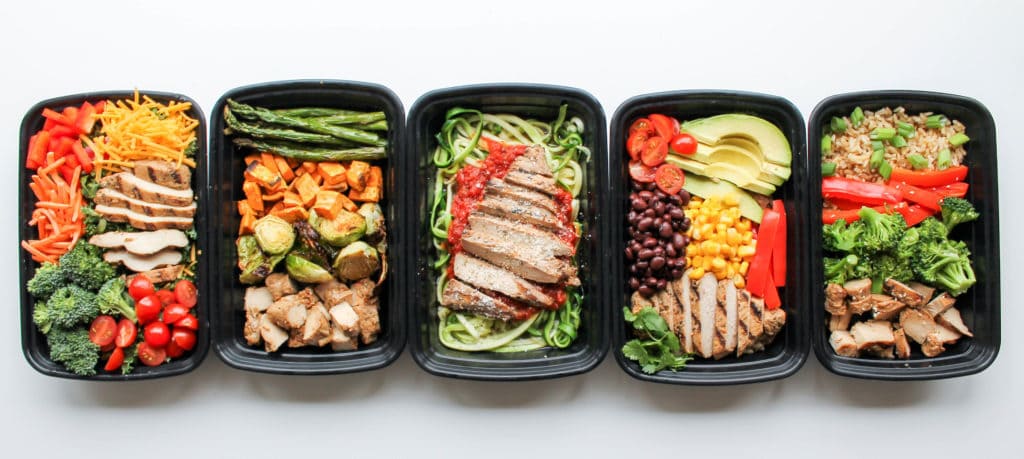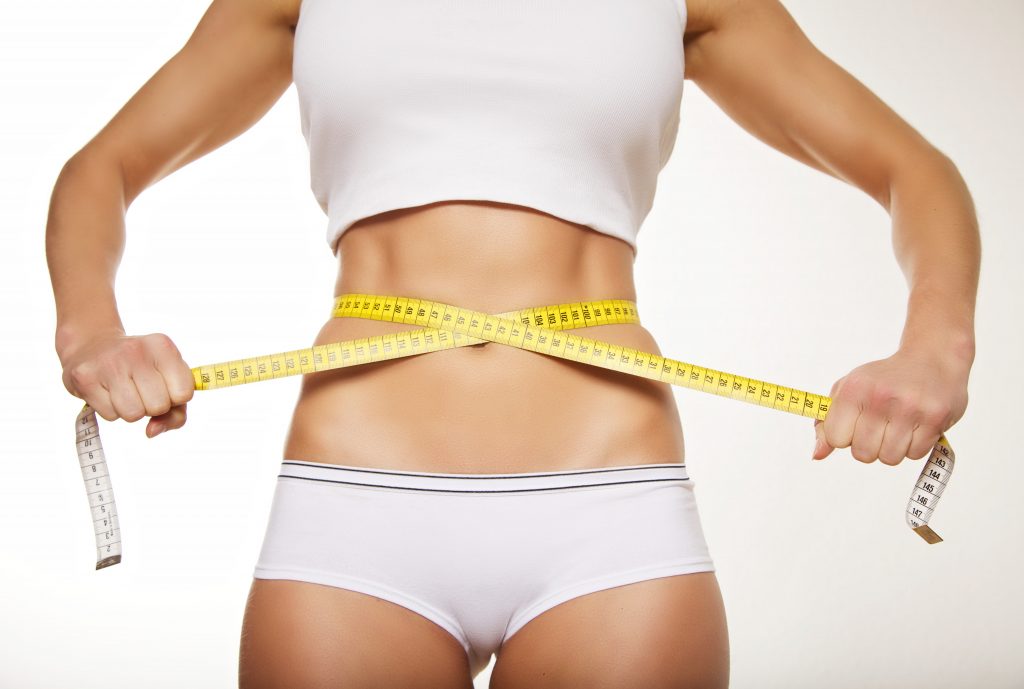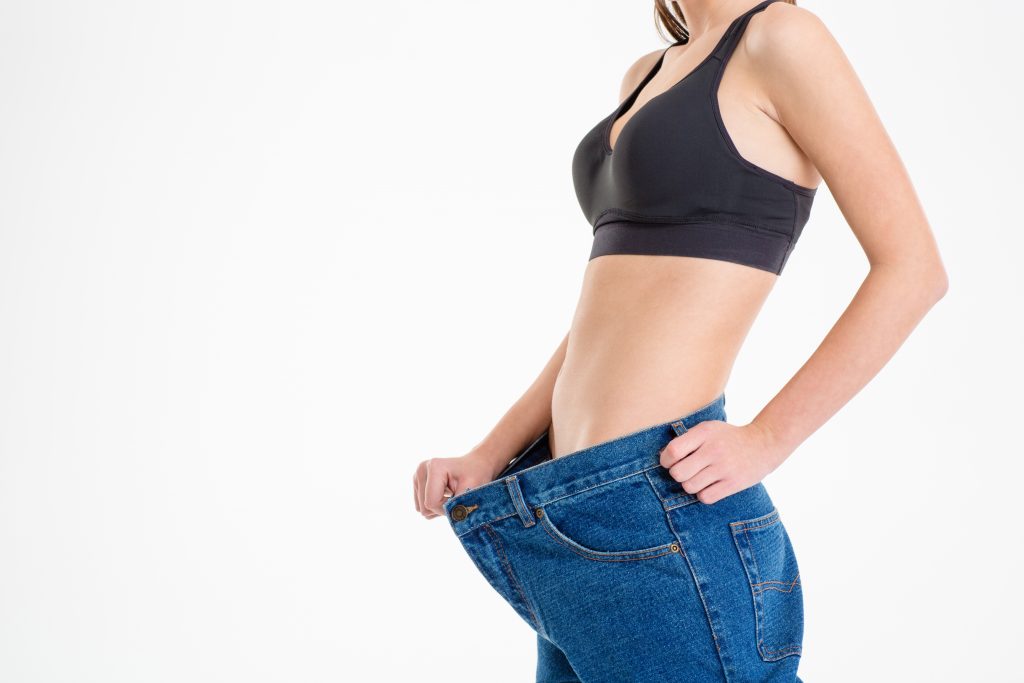Take Your FREE Health Evaluation Quiz
The sad truth is that as much as you love a drink, alcohol can be your worst enemy for a number of different reasons.
That refreshing mojito or sensual glass of red wine may wind you down a bit at the end of a long, hard, stressful day but how is it affecting other areas of your life?
Unfortunately for you, alcohol can have a negative effect on a number of different areas in your life – from affecting your gym progress and weight loss to your private sex life.
Want to know more? Lets find out what’s really going on with each sip of that dangerous liquid that is known to suppress inhibitions…
Alcohol is TERRIBLE for weight loss
Alcohol isn’t just terrible for weight loss because some of it can be highly calorific, it’s because of the way your body handles it.
After you have had a night out or a night in drinking all your trusty favourites, your body will have no choice but to burn the alcohol as fuel first – sucks right!
So all that effort doing cardio will be wasted until your body has used all of the calories from the alcohol.
Unfortunately, while all of this is happening, your body simply wont tap into and burn any of its fat stores.
Of course, this doesn’t permanently stop weight loss it just postpones it significantly.
Your body cant store alcohol as glycogen to be used up later, so it virtually hangs around in your body until it’s burned – after it’s burned your body will then get back into ketosis/lipolysis.
It can STUNT your muscle gain & strength
Alcohol can be very damaging for bodybuilders, athletes and gym lovers alike. It can interfere with a number of different processes in your body.
It is metabolized very slowly so you can still suffer from its effects 48 hours after consumption. Alcohol affects muscle recovery because it interferes with the processes of protein synthesis.
Alcohol can disrupt your sleeping patterns and growth hormones, imperative for muscle growth. Alcohol can also cause vitamin and mineral depletion in your body as it makes it tougher for these to be absorbed. It just doesn’t seem worth it does it?
Alcohol also impairs your balance and coordination as well as gross motor coordination. Moreover alcohol increases fatigue because your liver function is significantly impacted following its ingestion.
It negatively affects your sporting performance
Alcohol acts as a diuretic, and putting away too much of it can lead to you becoming dehydrated because as a result of drinking it, your kidneys work harder which will make them produce more urine.
If you then choose to exercise soon after drinking alcohol, this can make the dehydration more severe because you will also be sweating as your body temperature rises.
As a result of dehydration, alcohol also negatively impacts your aerobic capacity significantly reducing it.
Bonus:
Alcohol, sex & masturbation
Alcohol can also wreak havoc with your sex life! Quite frankly, sex and alcohol are just not a great mixture.
Alcohol can be a big contributory factor of erectile dysfunction in men. A lot of younger men out there don’t realize this because they actually think that alcohol increases their libido and arousal making them hornier!
It may well increase the desire, but it takes away from the performance unfortunately! Don’t forget alcohol slows down reactions in the body and mind too which will make masturbation a tad more difficult.
It may be a nice social activity to enjoy, having a few beers or cocktails but your body will be the one that has to pay for it eventually.
Alcohol can have a seriously damaging effect on the processes in your body, especially when it comes to muscle repair, gain and even weight loss.
When alcohol is in your body it’s removal comes before anything else, which puts you into ‘negative’ time in regards to fat burning. Do you really need it? Can you manage without it until you have reached your goals?
You may also like
The ketogenic diet has become extremely popular over the last few years, and for good reason. This meal plan really works! The keto diet is not only effective as a weight loss plan, but may also help to improve health conditions such as diabetes and epilepsy. If you’re looking for an effective, affordable diet to try, keto may be the answer.
What is the Ketogenic Diet?
The ketogenic diet is a low-carb, high-fat, moderate protein diet. In general, a keto diet has a macronutrient breakdown of 5% carbohydrates, 70% fat, and 25% protein. Decreasing carbohydrates to this level forces the body to utilize fat as its primary source of energy. This induces a metabolic state known as “ketosis.”
The keto diet has been around for nearly 100 years. Since the 1920’s, doctors have recommended this diet to help ease the frequency and severity of seizures in children. While these dietary changes have been known to reduce epilepsy symptoms in children, it is still important to consult with a doctor about healthcare options.
Today, keto is most well known as a diet which causes rapid weight loss. The effectiveness of this diet have made it a popular, trendy choice in recent years.
What Should You Eat on a Keto Diet?
A keto diet is not defined by the food eaten, but rather by the consistent state of dietary-induced ketosis. This means that a wide variety of foods can be a part of a keto diet.

Typically, people following a keto diet will consume a large amount of fatty animal products such as red meat, poultry, fish, and dairy. However, vegans, vegetarians, and pescatarians can all go keto. Olive oil, coconut oil, grass-fed butter, and other sources of fat are common ingredients of a ketogenic diet.
Carbohydrate sources such as bread, starches, grains, most fruits, and, of course, sugary desserts, are entirely avoided. While this aspect of the diet may be difficult to maintain, limiting carbs is an essential part of keto.
What Is Ketosis?
When your carb intake is extremely low, your liver glycogen is depleted and your body is forced to begin burning fat. This state is called ketosis. Living in a state of ketosis is fantastic for weight loss, since it forces your body to burn fat from adipose tissue or dietary fat.

Being in a state of ketosis produces ketones, which are the byproducts of fatty acids. The three ketones produced are beta-hydroxybutyrate (BHB), acetoacetate, and acetone. Everyone has ketones in their body, but a ketosis diet creates a build-up of these acids. Ketones are released into the blood and are shuttled through the mitochondria where they are turned into energy.
Exercise and fasting are other ways you can deplete liver glycogen and induce ketosis. This is why intermittent fasting is frequently paired with a ketogenic diet. Alternatively, you could also take exogenous forms of ketones, which have been shown to increase BHB regardless of how many carbs you’re consuming.
Don’t We Need Carbs to Survive?
Carbohydrates are one of our main sources of energy. When we digest and metabolize carbs, glucose is produced. This is important, since there are certain areas of the brain that require glucose to function.
However, the human body is also capable of producing glucose from protein and glycerol, a type of fat. This process is called gluconeogenesis. Despite a very low intake of carbohydrates, your brain still gets all the glucose it requires to function. Thanks to this ability, we can survive without consuming glucose-rich carbs.
Researchers & Keto
A metabolic ward study, the gold standard in nutrition, tested the effectiveness of the keto diet. Participants were split into two groups. One group ate a ketogenic diet and the other group ate a standard American diet. Both groups were consuming the same amount of calories and protein.

The ketogenic diet group lost more weight in the first two weeks. Carbohydrates cause the body to retain water, so decreasing carb intake causes rapid water loss. This impressive head start is the result of both water and fat being lost.
However, by the end of the four-week trial, both groups had lost the same amount of fat. Participants following the ketogenic diet did have an increased overall caloric expenditure, but it was hardly detectable.
Isn’t Keto the Best Diet for Weight Loss?
There’s plenty of evidence that a ketogenic diet is great for losing weight, but is it the best? It turns out, when calories and protein are matched, a keto diet is no better for weight loss than any other high-protein, moderate carb, low-fat diet.
Many studies show that eliminating carbs leads to weight loss; however, this is largely because participants than end up eating more protein, which promotes greater weight loss. Protein is more thermogenic than fat and carbs. This means that the more protein you consume, the more calories you burn.

Generally, healthy, athletic individuals don’t need to do keto for any particular reason other than personal preference. In saying that, a very low-carb and high-fat diet does have utility among those who are insulin resistant. Research has made it clear that high fat, high protein, and lower carb diets are especially useful for controlling blood sugar and managing the metabolic dysfunction of type 2 diabetics.
Then Why Does Keto Work for Everyone I Know?
While keto may not perform perfectly in a controlled laboratory setting, it does seem to be superior when applied to real-world scenarios. Most people on a diet don’t track the precise amount of macronutrients and calories they consume with every meal, unless they’re using a meal plan service. Diets like keto can make weight loss effortless.
Keto diets may be effective for weight loss for the following reasons:
Food elimination: If you cut carbohydrates out of your diet, you’re taking a lot of different foods off the menu. Decreasing carb intake limits food variety, which can reduce the amount you eat, and therefore promote weight loss.
Gluconeogenesis: The process of converting fat into protein requires energy. That means that gluconeogenesis may burn additional calories
Increased insulin sensitivity: Insulin is a hormone which helps sugar move from the blood into other areas of the body. A resistance to insulin is often associated with obesity, weight gain, and difficulty losing weight. Increased insulin sensitivity, resulting from keto, causes weight loss and improved metabolic health.
Increased fat burning: Ketogenic diets help your body burn more fat while resting, doing daily activities, and exercising.D
Appetite Suppression:
Keto can be incredibly useful for weight loss, but not because it’s inherently superior, as many experts claim. The diet works well for weight loss because it helps people maintain a consistent calorie deficit. The primary reason keto helps people maintain a calorie deficit is through its effects on appetite.
According to a meta-analysis, participants following a ketogenic diet report less hunger and exhibit greater fullness. Research has shown that this may be due to the increase in ketones. Ketones have been shown to decrease ghrelin, which is frequently referred to as the “hunger hormone.”

When ghrelin levels are high, signals are sent to the brain which increases a person’s appetite. Decreased ghrelin levels cause a decreased appetite, and may lead to someone eating fewer calories over time. For this reason, a keto diet could lead to more significant weight loss results than a diet that keeps participants feeling hungry.
Summary
The ketogenic diet can be an extremely useful tool for weight loss. This diet is effective for many people since it can help reduce your appetite and control caloric intake. It’s important to remember that keto is not the only effective diet out there. What determines one person’s weight loss success will, of course, be different from another person. The ketogenic diet may give you incredible weight loss results; it’s merely a matter of finding which diet strategy works best for you.

